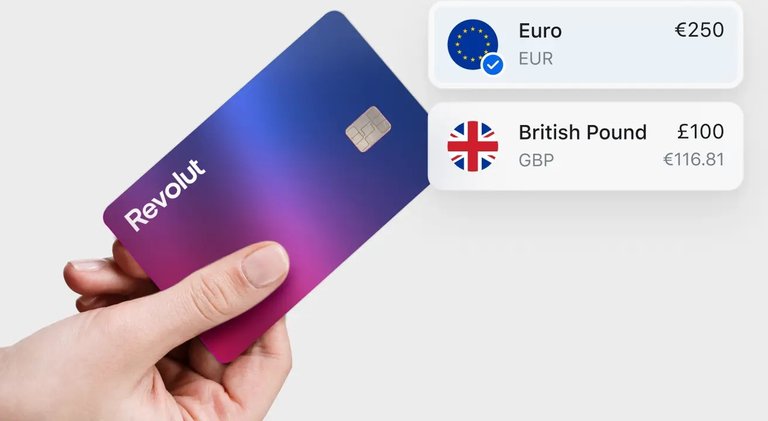
Revolut is a global neo-bank and financial technology company that offers banking services. Headquartered in London, it was founded in July 2015 by by Nikolay Storonsky, a former trader who worked at Lehman Brothers and Credit Suisse, and Vlad Yatsenko, who previously built financial systems at investment banks. They wanted to build a digital bank to challenge traditional lenders.
Revolut started life as a prepaid card and app, which allowed travellers to switch cheaply between currencies. It was born out of Storonsky’s frustrations with existing foreign exchange products. Since then, the company has expanded its range of products and services. The fintech company currently has more than 35 million customers globally and continues to develop its proposition.
You may like Revolut if you're comfortable with mobile money management and frequently travel or use international financial services. Revolut's mobile app supports spending and ATM withdrawals in 120 currencies and transfers in 29 currencies directly from the app.
Revolut offers banking services including GBP and EUR bank accounts, debit cards, virtual credit cards, currency exchange, interest-bearing "vaults", stock trading, commodities, cryptocurrency exchange and peer-to-peer payments.
Unlike street banks, Revolut allows you to set up an account with no paperwork and it is possible to open an account in 60 seconds as initially, they do not carry out any credit checks or require proof of address. Revolut’s standard account has no monthly fees.
Revolut customers can order a physical or virtual card which can be used in retailers globally. Spending with your Revolut card at certain retailers can give you access to discounts and cash-back earnings.
Revolut’s physical card can be used to transact in your base currency, as well as other currencies. When you load money onto the card you can choose to exchange it into a currency of your choice (i.e. dollars) so locking into the current exchange rate.
Revolut prides itself on offering its users interbank exchange rates without the burdensome fees often charged by traditional banks. This means that users can exchange currencies at rates closer to the actual market rate, potentially saving them significant amounts when dealing with foreign transactions.
Revolut goes beyond traditional banking by offering users robust budgeting tools and spending analytics. The app categorizes transactions and provides users with insights into their spending patterns, empowering them to make informed financial decisions.
Recognizing the rise of digital currencies, Revolut has embraced the world of cryptocurrencies. Customers can buy, sell and hold various digital assets directly within the app, having access to cryptocurrencies such as Bitcoin, Ethereum, Litecoin, Bitcoin Cash, Cardano and XRP, being able to exchange them for 25 fiat currencies.
Since its inception, Revolut has gained popularity for its user-friendly interface, competitive exchange rates, and innovative approach to financial services. However, as with any financial service, users should be aware of the terms and conditions, fees, and regulatory aspects associated with using Revolut.
Revolut had its European banking license approved at 13th December 2018: Revolut Bank UAB holds a full banking license in Lithuania, allowing it to offer cross-border banking services to its customers in the EEA. But Revolut is not a bank everywhere yet, including in the UK and US. Revolut applied for a banking license in the UK back in 2021, ad in the US in 2022, but for the moment it remains a digital payment service and offer to UK and US customers only e-money services, holding customer's deposits securely in segregated accounts with partner licenced bank.
In conclusion, Revolut has made significant strides in redefining the way individuals manage their finances, offering a glimpse into the future of banking and international transactions, adopting at the same time robust security measures to safeguard user accounts.